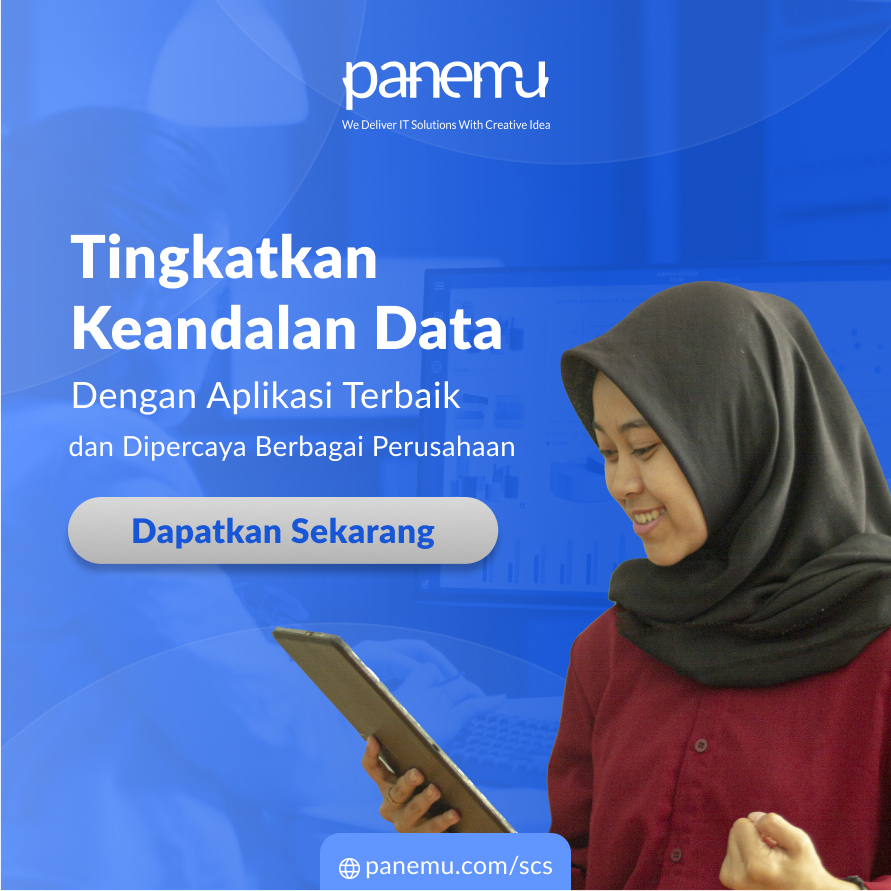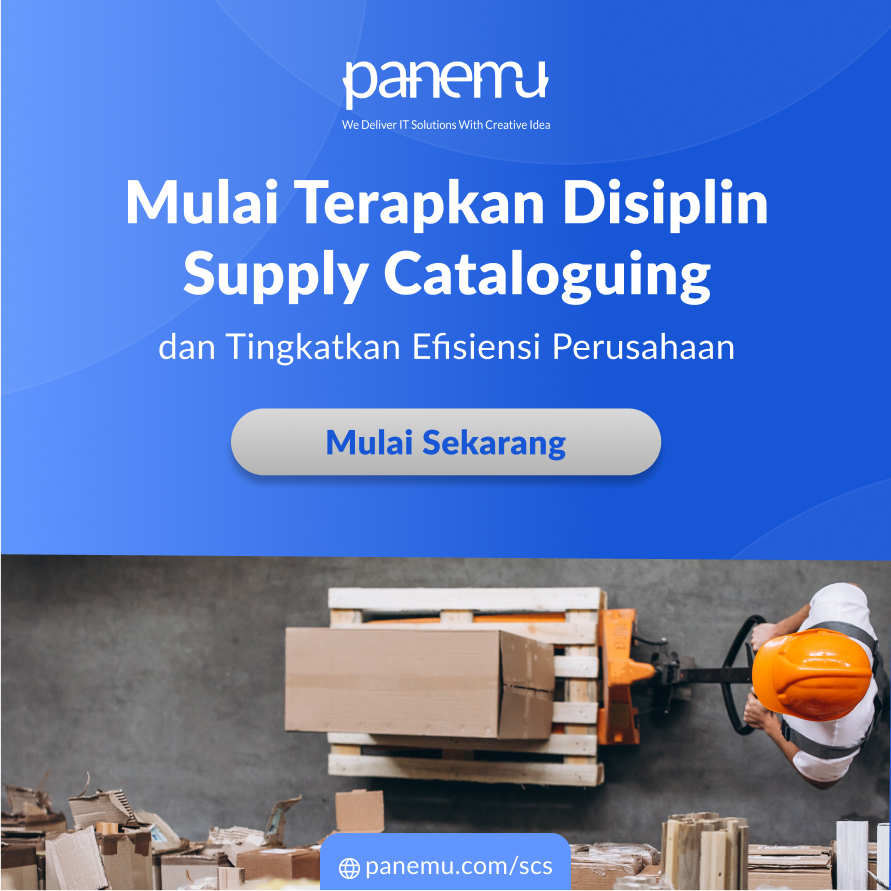The Real Issue: Different Names, Same Item
Imagine a scenario where the maintenance department requests a “3/4” Rubber O-Ring”, while procurement identifies it as a “0.75 inch Rubber Seal”. Despite referring to the same item, inconsistent naming leads to duplicate entries, inflated inventory levels, increased costs, and inefficiencies in material searches.
Such discrepancies are prevalent in industrial settings. In sectors heavily reliant on timely material availability—like manufacturing, mining, and utilities—disorganized material data isn't just an inconvenience; it translates into significant operational and financial setbacks.
This underscores the importance of standardizing the material catalogue, not merely as an administrative task but as a strategic initiative crucial for effective Maintenance, Repair & Operations (MRO) management.
Understanding Material Catalogue Standardization
Material catalogue standardization involves organizing and managing material data consistently using defined naming conventions, classification systems, and technical attributes. This process establishes a single source of truth for all materials within an organization.
Core Components:
- Standardized Descriptions: Implementing uniform naming rules and language consistency.
- Accurate Classification: Assigning materials to appropriate groups, sub-groups, and categories.
- Consistent Technical Attributes: Ensuring uniformity in size, material, and specifications.
- Unique Identifiers: Assigning non-redundant item codes to each material.
The Crucial Role in MRO Management
1. Eliminating Duplication and Reducing Waste
Research indicates that poor material master data can lead to up to 15% item duplication, resulting in unnecessary purchases and inflated inventory levels.
2. Accelerating Material Search and Retrieval
A standardized catalogue enables maintenance and procurement teams to locate materials swiftly, contrasting with unstructured databases that necessitate manual checks or field validations.
3. Enhancing Data Accuracy for Reporting and Analysis
Accurate and standardized data ensures reliability in stock movement reports, spend analysis, and other decision-making processes.(Elite MRO)
4. Supporting ERP/EAM System Implementation
Enterprise systems like SAP, Oracle, or Maximo rely heavily on high-quality material master data. Without standardization, even advanced systems yield flawed outcomes.
Case Studies: Tangible Benefits of Standardization
Energy Sector Transformation
An energy company collaborated with EY to revamp its MRO master data. The initiative led to improved operational resilience and anticipated savings of up to 10% of annual MRO spend over three years. (EY)
Pharmaceutical Industry Savings
A pharmaceutical corporation implemented a PPE material standardization program across five manufacturing sites, resulting in a 34% reduction in MRO supply chain costs. (Procure Analytics)
Panemu’s Approach to Material Catalogue Excellence
Panemu offers more than just software solutions; we provide strategic data management services that encompass:
- Industry-Based Catalogue Standards: Adopting standards like UNSPSC or customized taxonomies.
- Deep MRO Operations Understanding: Leveraging extensive industry knowledge to inform data strategies.
- Integration-Ready Data Architecture: Ensuring seamless compatibility with ERP systems.(Procure Analytics)
Our holistic approach ensures that material catalogue standardization becomes a catalyst for smarter, faster business decisions.
Conclusion: A Strategic Imperative
Material catalogue standardization is often underestimated. However, it serves as a high-impact initiative that enhances efficiency, reduces costs, and empowers better decision-making.
Inconsistent material data is silent sabotage. Clean catalogues drive real performance.
By establishing a solid foundation through standardized material data, organizations can unlock the full potential of their MRO strategies.
Ready to embark on this transformative journey? Panemu is here to assist in building a clean, intelligent, and future-ready material catalogue.

